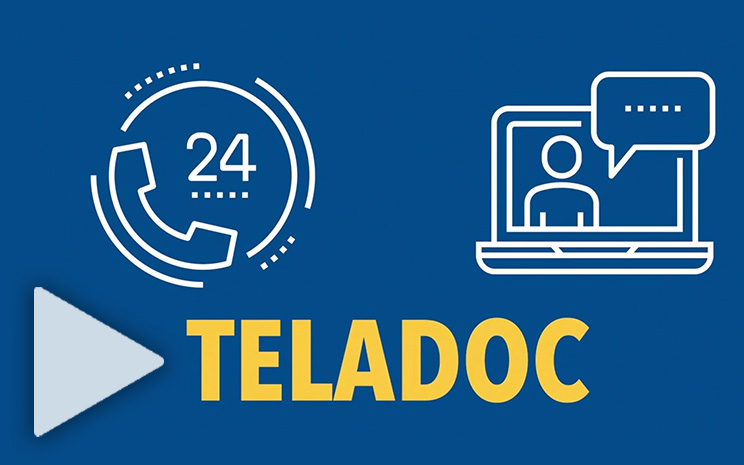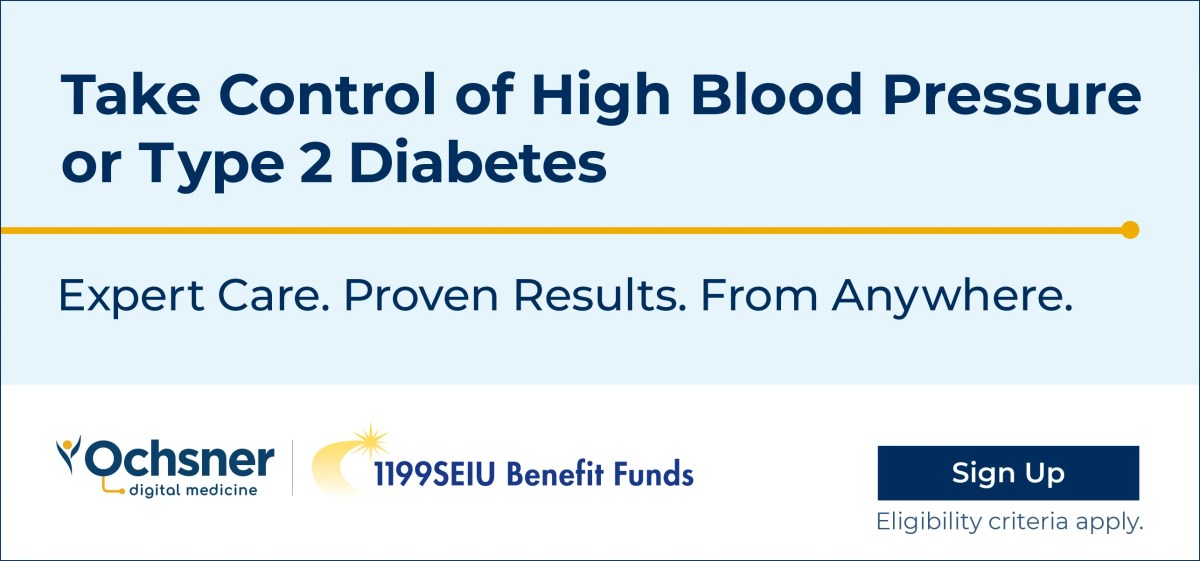Category: Dr. Dunn Article
-
Dr. Dunn Flu Shot Slides

About Dr. Dunn
Dr. Dunn oversees the 1199SEIU Benefit Funds’ clinical, care management and analytics functions, and is responsible for pursuing health and wellness initiatives and value-based strategies.
Read bio » -

Dr. Dunn Delivers a Special Message to Our Members Working on the Frontlines of COVID-19
Dr. Dunn delivers a special message to our members working on the frontlines of COVID-19.

About Dr. Dunn
Dr. Dunn oversees the 1199SEIU Benefit Funds’ clinical, care management and analytics functions, and is responsible for pursuing health and wellness initiatives and value-based strategies.
Read bio » -

Dr. Van H. Dunn, Chief Medical Officer, Talks Mind-Body Connection
Dr. Van H. Dunn, Chief Medical Officer, Talks Mind-Body Connection
 Physicians and other healthcare professionals have long seen a correlation between physical and mental health. In the past decade or so, numerous studies have confirmed this link and have led to improved treatment options. For example, it’s not uncommon today for doctors to recommend that hypertensive patients improve their diet while also instructing them to practice stress–reduction techniques. We’ve learned that high stress levels alone can trigger a spike in blood pressure and increase the risk of heart disease. Of course, your Benefit Fund has always embraced whole–person care, which is why our Wellness Member Assistance Program offers health fairs, seminars, classes, presentations and workshops at your workplace that address both physical and mental health.
Physicians and other healthcare professionals have long seen a correlation between physical and mental health. In the past decade or so, numerous studies have confirmed this link and have led to improved treatment options. For example, it’s not uncommon today for doctors to recommend that hypertensive patients improve their diet while also instructing them to practice stress–reduction techniques. We’ve learned that high stress levels alone can trigger a spike in blood pressure and increase the risk of heart disease. Of course, your Benefit Fund has always embraced whole–person care, which is why our Wellness Member Assistance Program offers health fairs, seminars, classes, presentations and workshops at your workplace that address both physical and mental health. But often, a one-time workshop is not enough. If you’re struggling with stress, depression or other mental health issues and don’t know where to turn for help, there’s Teladoc, our free telehealth service that provides you with support, by phone or video conferencing, in the comfort of your home. Teladoc connects you with a licensed healthcare professional where and when you need it, saving you a trip to an office.
To learn more about Teladoc or to sign up, visit www.1199SEIUBenefits.org/Teladoc. If you’d like more information about upcoming wellness workshops and other resources, visit www.1199SEIUBenefits.org/Wellness or call (646) 473-9200.
Sources: Centers for Disease Control and Prevention
Don’t Miss Dr. Dunn’s Latest Healthy Living Spotlight Video
In the most recent installment of our online video series, Dr. Van H. Dunn, our Chief Medical Officer, highlights the benefits of using your Teladoc benefit when you can’t reach your doctor. Dr. Dunn discusses the convenience of the service as well as the wide range of issues treated. Other videos in the series focus on the importance of getting a flu shot, how to spot the warning signs of diabetes and high blood pressure, and more. To view all the Healthy Living Spotlight videos, visit www.1199SEIUBenefits.org/dr-dunn.











